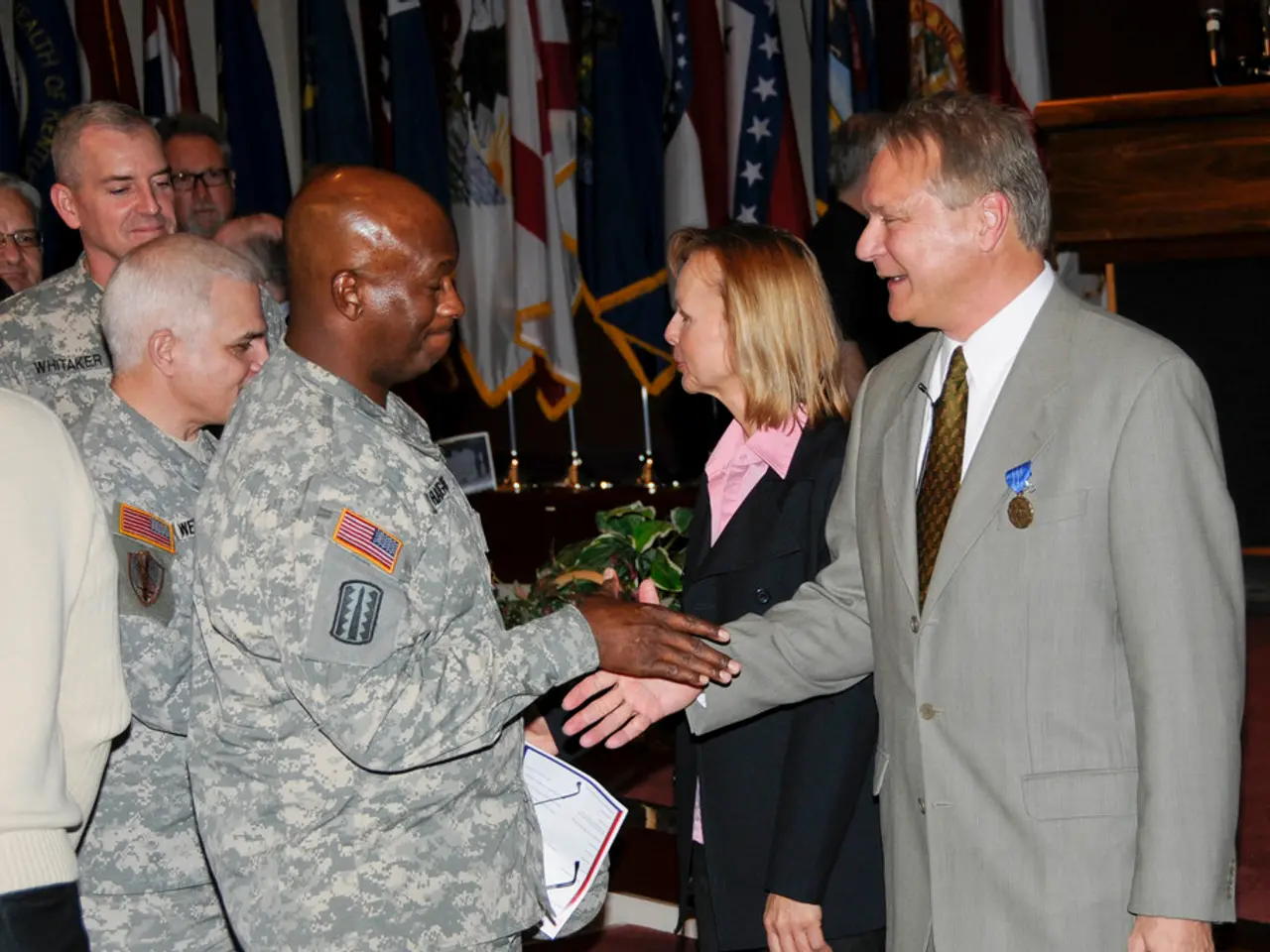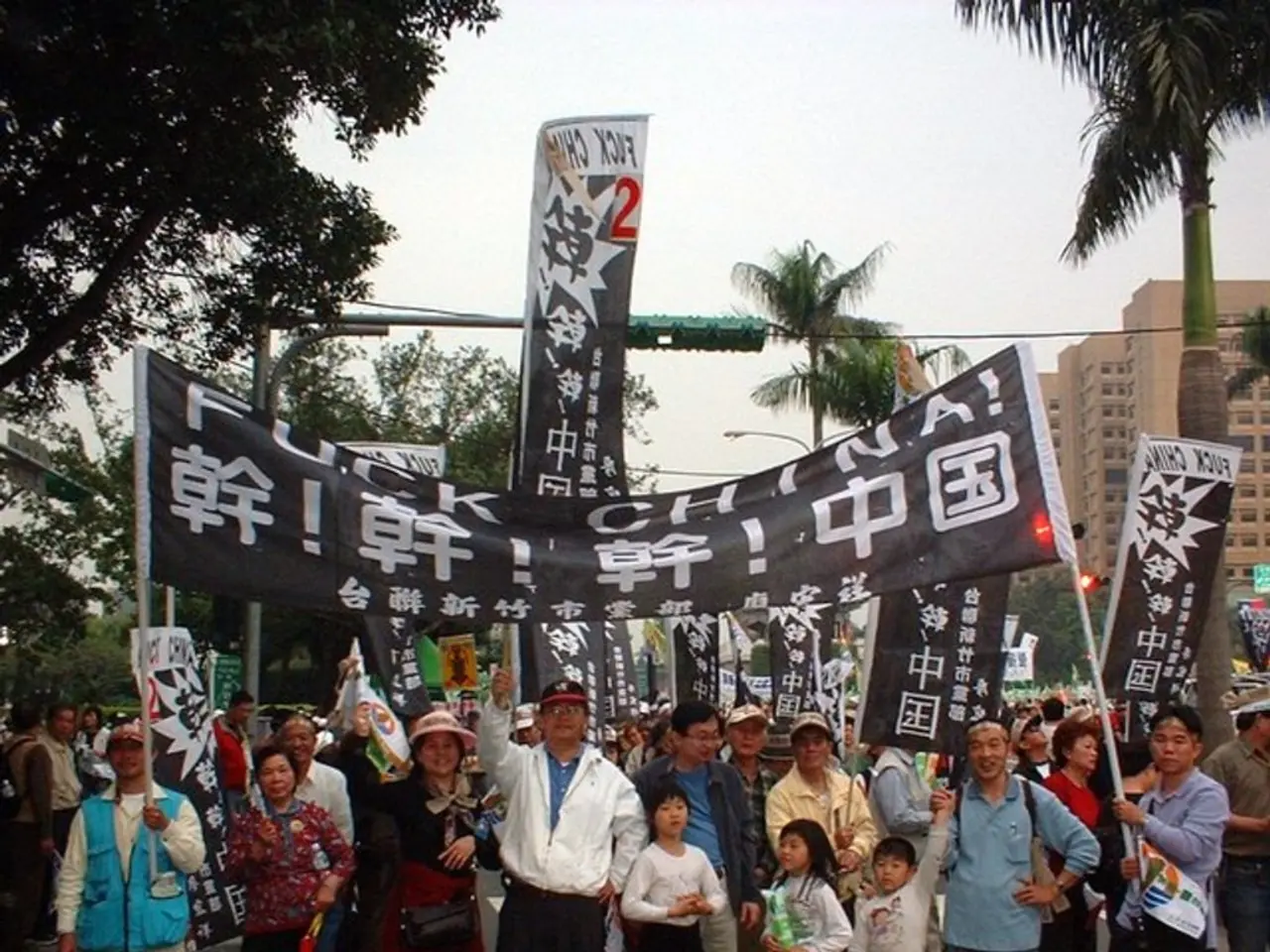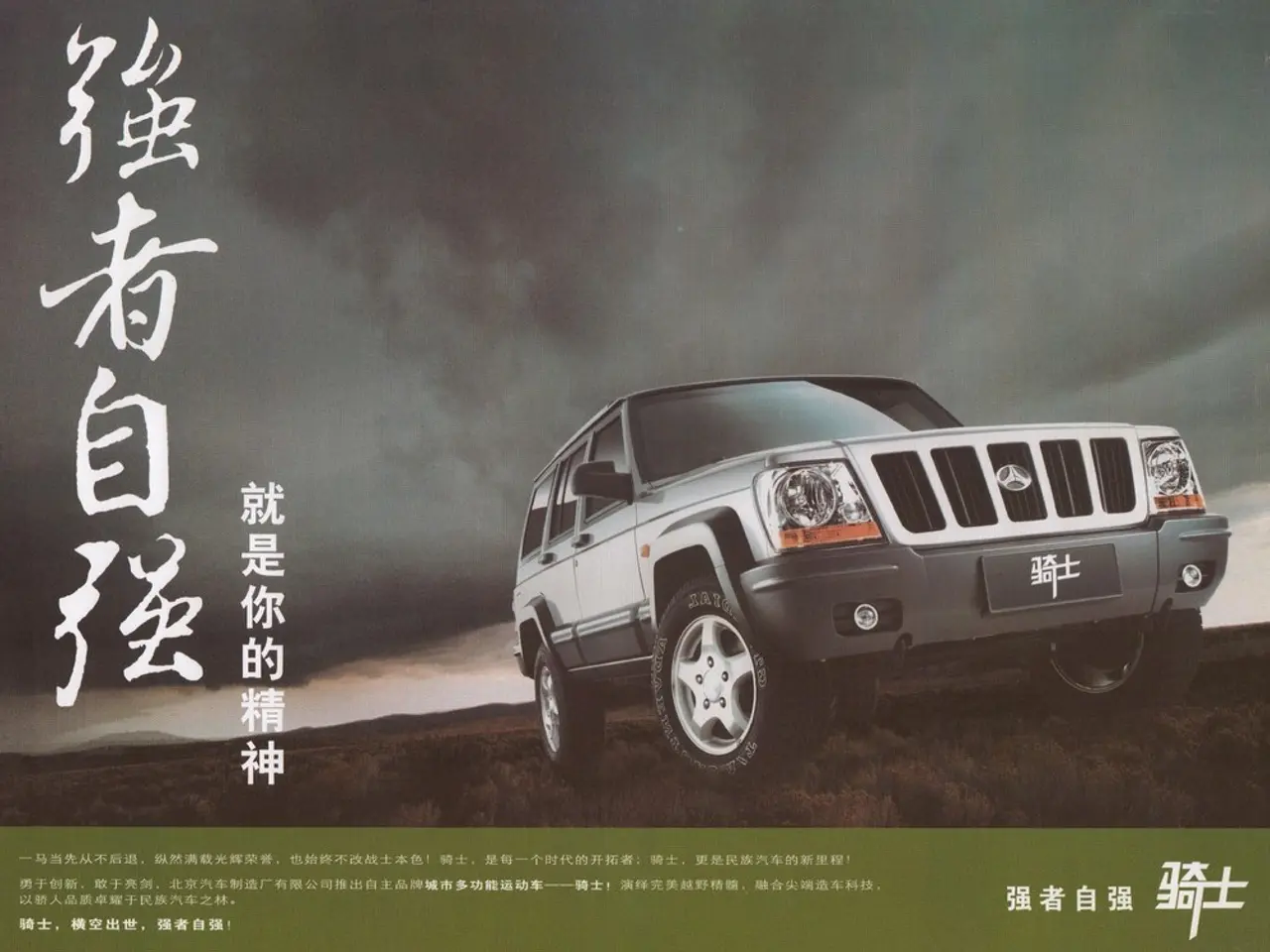Celebrated Union: Green Parties Embrace Unity
Alliance '90/The Greens Celebrate 30th Anniversary of Merger
Thirty years ago, Alliance '90/The Greens were born from the merger of the East German Alliance 90 and the West German Greens. This significant event took place in January 1993 and marked a turning point in German politics.
The merger was a response to the political changes following German reunification and the 1990 elections. The East German Greens joined forces with Alliance '90, a group of grassroots East German organizations, with the goal of integrating environmentalist and pro-democracy forces from former East and West Germany.
The unified party, Alliance '90/The Greens, secured representation in the German Bundestag in 1994 and became a junior coalition partner in the federal government in 1998 under SPD Chancellor Gerhard Schröder.
The celebration of this milestone took place in Leipzig, where Marianne Birthler, who negotiated the merger as a representative of Alliance 90 30 years ago, was also present. Birthler, a 1948-born civil rights activist, emphasized that supporters of the party come from different societies and have been politically socialized differently.
Katja Meier, a Green politician from Saxony, was also in attendance. She called for more support for the Greens in the upcoming state elections in Thuringia, Saxony, and Brandenburg next year. Meier emphasized the importance of this support with an eye on the federal elections in 2025, stating that the federal election can be lost in the East.
Meier is advocating for overall support from Alliance '90/The Greens for the East in the upcoming state and federal elections. She believes that these elections are significant for the federal elections in 2025.
The merger took place through an association agreement, which was adopted at a party conference in Leipzig on May 14, 1993. The Greens celebrated this anniversary with various guests, including Foreign Minister Annalena Baerbock, party leaders Ricarda Lang and Omid Nouripur, Bundestag Vice-President Katrin Göring-Eckardt, and Federal Minister for the Environment Steffi Lemke.
Former party members Werner Schulz and Antje Vollmer, who passed away in November 2022 and March of this year, were also remembered during the event. Nouripour described Schulz and Vollmer as outstanding figures in the history of the party.
Vice-Chancellor Robert Habeck warned that granting election campaign leave only in Saxony, Thuringia, and Brandenburg could lead to division tendencies and racism. He stated that having different identities does not mean putting people into a political grid based on their regional place of residence.
This merger reflects how Germany’s post-reunification political landscape integrated diverse regional movements into unified parties to shape modern German politics. The Greens have become a major political force advocating for environmental protection, social justice, and human rights on a federal level. Their influence can be seen in Germany’s policy direction, especially in areas like renewable energy and social liberalism.
[1] Britannica. (2023). Alliance '90/The Greens. Retrieved 1 April 2023, from https://www.britannica.com/topic/Alliance-90-The-Greens
The merger of Alliance '90/The Greens in 1993, a significant event in general-news, marked a turning point in German politics and policy-and-legislation, as it integrated environmentalist and pro-democracy forces from former East and West Germany. alliance '90/The Greens' influence extends beyond regional politics, advocating for environmental protection, social justice, and human rights on a federal level, shaping modern German politics.
The ongoing politics surrounding the upcoming state elections in Thuringia, Saxony, and Brandenburg next year, as advocated by Green politician Katja Meier, have implications for the federal elections in 2025, emphasizing the significance of these elections for Alliance '90/The Greens.





